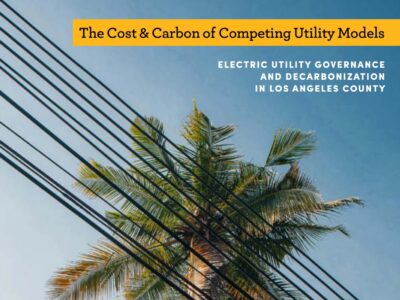That’s “Chief Justice Bitch”

The ongoing Wisconsin saga of public sector union rights has, predictably, involved the state’s Supreme Court. But in a much more personal way than one would think at first:
The April 5th state Supreme Court election in Wisconsin, where incumbent Justice David Prosser is seeking re-election, is now being shaken up by news about the interactions on the court: Specifically, Prosser has admitted to calling Chief Justice Shirley Abrahamson, one of the court’s liberals, “a total bitch.”
A state Supreme Court election would not normally be national news. But in Wisconsin’s now-highly polarized politics, the race has quickly turned into a proxy political battle over Republican Gov. Scott Walker’s new anti-public employee union law. Conservatives are supporting Prosser, a former Republican state Assembly Speaker, and liberals backing Assistant Attorney General JoAnne Kloppenburg.
So much for personal responsibility: Prosser has refused to apologize and has blamed Abrahamson for “goading” him into “incautious statements.” Perhaps among these “incautious statements” are Prosser’s assertions that he would serve as a “complement” to Govenor Scott Walker if he is re-elected and “closely mirrors” the Walker Administration — not exactly a ringing endorsement of judicial independence. Perhaps it was also incautious to predict that he would “destroy” Abrahamson “and it won’t be a ground war.” Prosser also said incautious things several years ago as a District Attorney when refusing to prosecute a Catholic priest who had sexually abused two children, aged 12 and 14: even though the boys were ready to testify, Prosser told the boys’ mother that “it would be too hard on them” and “what jury would believe a kid testifying against a priest?”
In any event. readers of this page might remember Chief Justice Abrahamson for her authorship of Prah v. Maretti, a seminal (so to speak) environmental nuisance decision. Prah held that if someone needs sunlight on his property for the purposes of developing solar energy, blocking off the sunlight can constitute a private nuisance. Of particular interest was Abrahamson’s language. Although she conceded that American courts have rarely seen solar access as an interest to be protected by nuisance law,
access to sunlight has taken on a new significance in recent years. In this case the plaintiff seeks to protect access to sunlight, not for aesthetic reasons or as a source of illumination but as a source of energy.
Access to sunlight as an energy source is of significance both to the landowner who invests in solar collectors and to a society which has an interest in developing alternative sources of energy.
Moreover, although traditional American nuisance law was designed to foster unrestricted land development, “the policy of favoring unhindered private development in an expanding economy is no longer in harmony with the realities of our society…The need for easy and rapid development is not as great today as it once was, while our perception of the value of sunlight as a source of energy has increased significantly.”
Prah is not without its critics; there was a dissent, and a California appellate court criticizing its reasoning, neither even remotely persuasive, in my view.
Readers can decide for themselves. But please watch your language.







Reader Comments